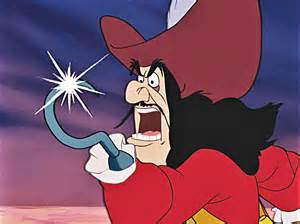My answer: I've read enough poorly written, wordy, boring and long-winded prologues to make me feel an initial negative distaste for prologues. I'll be honest, if a prologue is several pages long, I skim it or even skip it.
However, I've also read some fantastic, captivating prologues that make me want to physically gobble the book up in one gulp. I can't wait to jump in, I'm so giddy to get going.
The success of prologues comes down to their purpose: a prologue serves to hook a reader but also to provide information necessary to the story as a whole that a first chapter cannot do alone.
If you are toying with writing a prologue to hook the reader, ask yourself these questions to see if a prologue is in the future of your book:
The Prologue Test
1. Does your prologue provide some piece of backstory or history that doesn't fit into the big picture story line? For example, an event may occur several years in the past that is crucial to the story, but your story is set in the present time and it is too awkward to include the past as a first chapter.
2. Does your prologue offer useful or enlightening insights or clues, an ominous opening to provide the element of mystery?
3. Does your prologue clue the reader in to a scene near the end of the book? Is it the character's perspective from later in the story? If so, how is this part crucial to the telling of the story? Does it do more than simply hook the reader? Is there a hint to the story question?
4. Would you read it? Is it too long? Is it too repetitive of the first chapter? What is your gut feeling? Do your beta readers have questions after reading the first chapter that the prologue might answer?
For more information, I recommend The Seven Deadly Sins of Prologues.

